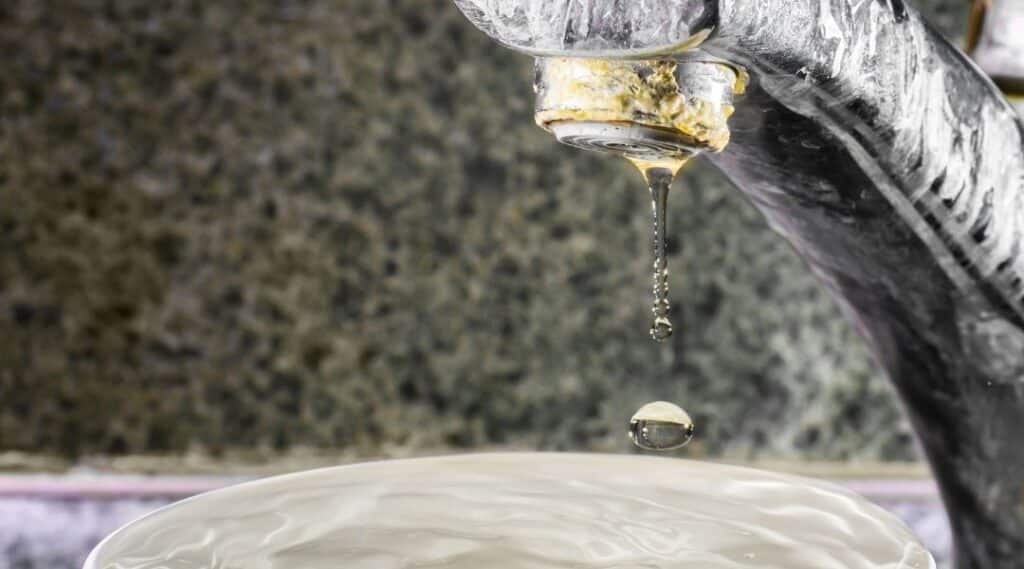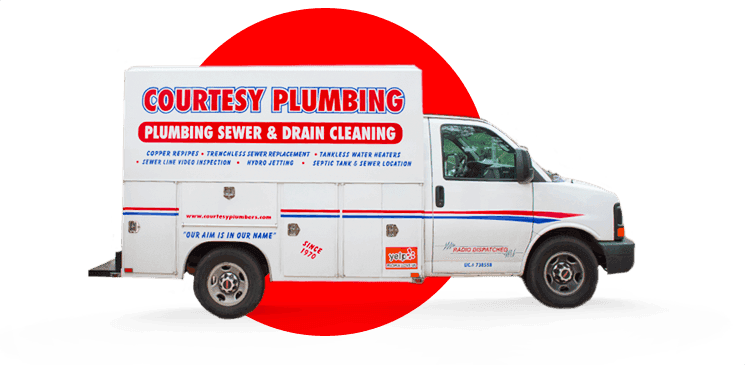Hard water sneaks up on you. One day, everything’s fine; the next, your plumbing is a disaster waiting to happen. Think about it: those minerals in hard water?
They don’t just go away. They build up inside pipes, clog showerheads and faucets, ruin your water heater’s efficiency, and even corrode fixtures until they’re useless scraps of metal. Let us paint you a picture—imagine turning on the shower only for a trickle to come out or having appliances fail years before their time is up.
All because of mineral buildup that could have been prevented. So let’s dive into how this seemingly innocent thing can turn costly if ignored. Because believe it or not, scale buildup doesn’t just affect flow rate; it leads directly to slow-moving drains and more severe issues down the line.
Scale Buildup in Pipes
Scale buildup in your pipes from hard water is a sneaky culprit behind some annoying plumbing issues. You might start noticing that your sink takes forever to drain or the shower starts pooling at your feet. This isn’t just a minor inconvenience; it indicates reducing pipe diameter due to scale accumulation, making water drainage sluggish.
If you’re wondering why suddenly washing dishes feels like an arm workout because of the low pressure, scale constriction is likely affecting your faucets and showers, too. More than just slowing things down, severe scale can block pipes entirely, escalating to backups and potential home damage. Definitely not something you’d want!
Plus, fixtures aren’t immune either; they face corrosion over time as minerals react with metal surfaces weakening them which could lead even more expenses on replacements or repairs sooner than anticipated. One surefire way for hassle-free maintenance? Regular check-ups by professionals.
For peace of mind against these pesky problems causing unseen damages leading to costly outcomes, consider consulting plumbing repair experts. They specialize in tackling hard water woes effectively, ensuring smooth running systems across homes without unexpected disruptions caused by buildups lurking within our pipelines.
Water Heater Efficiency Losses
Hard water harms your water heater, leading to efficiency losses and increased energy bills. The minerals in hard water form a layer between the heating elements and the water inside the tank, making it harder for your unit to heat up. This means you’ll wait longer for hot water while consuming more energy.
Performance dips as buildup intensifies; sometimes there’s not enough hot or any at all! This issue worsens, especially if you don’t use a softener which may necessitate quarterly maintenance instead of annual. Over time, persistent hard work shortens your heater’s lifespan through wear and accumulation of damaging mineral deposits that can cause leaks or total failure.
Limescale affects tankless models similarly, lowering pressure and efficiency. Installing a softener helps prevent these issues by filtering out harsh minerals before they reach your heater or plumbing system overall. Routine flushes remain essential, though; during these services, you’ll eliminate sediment build-up, ensuring optimal operation.
Inspections identify problems early, avoiding worse problems later on, like discoloration, loud noises, and insufficient warmth from taps. They also signify potential breakdowns needing professional diagnostics for accurate fixes, prolonging appliance life and ultimately saving money long-term.



